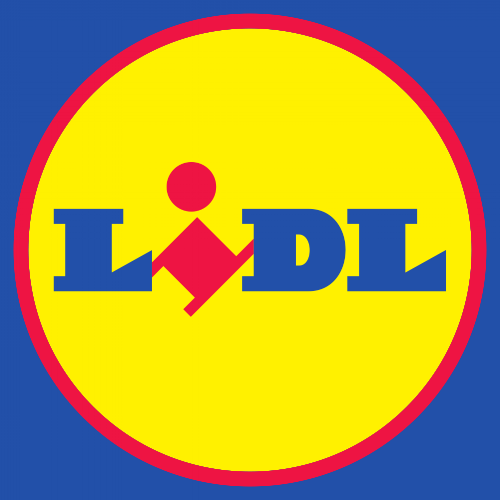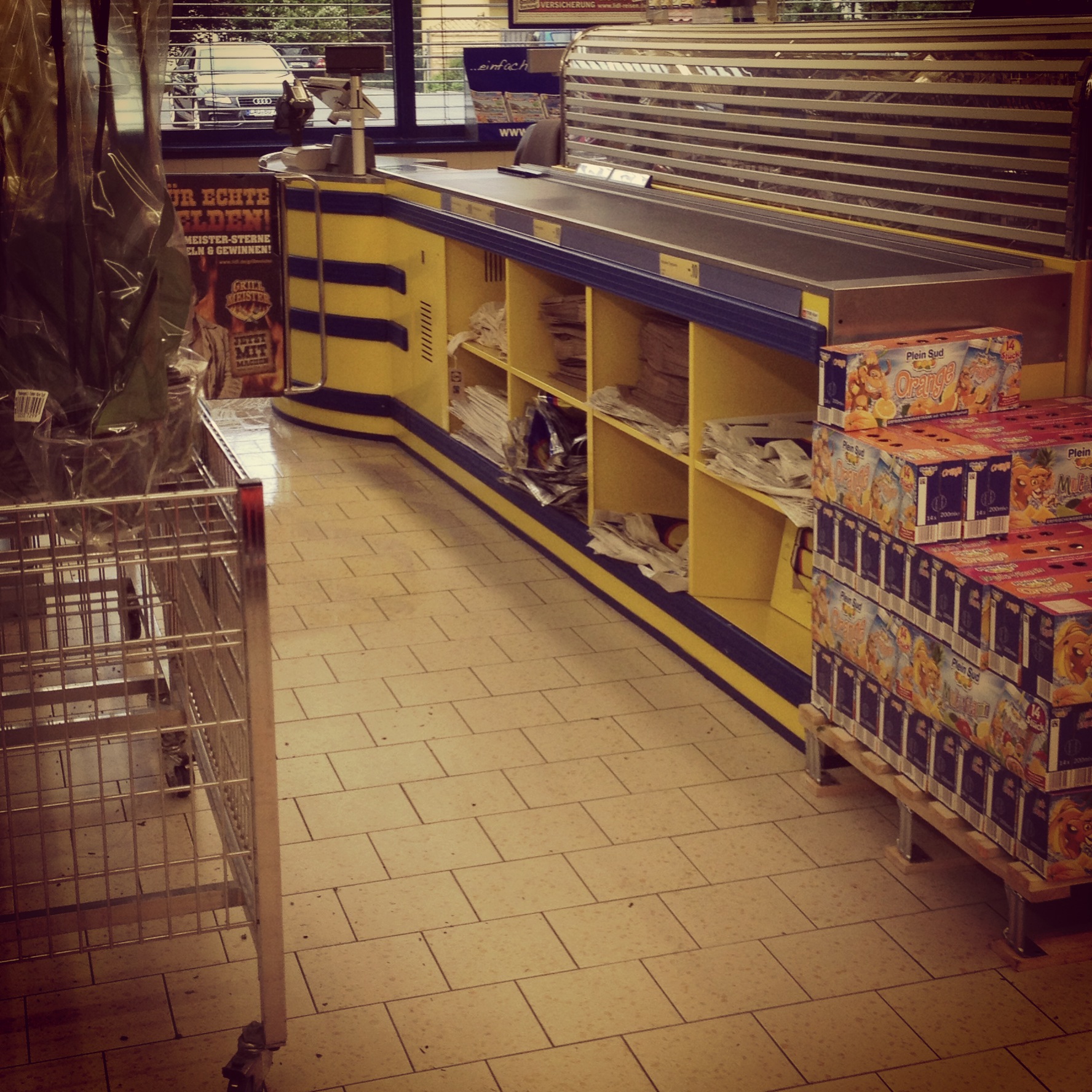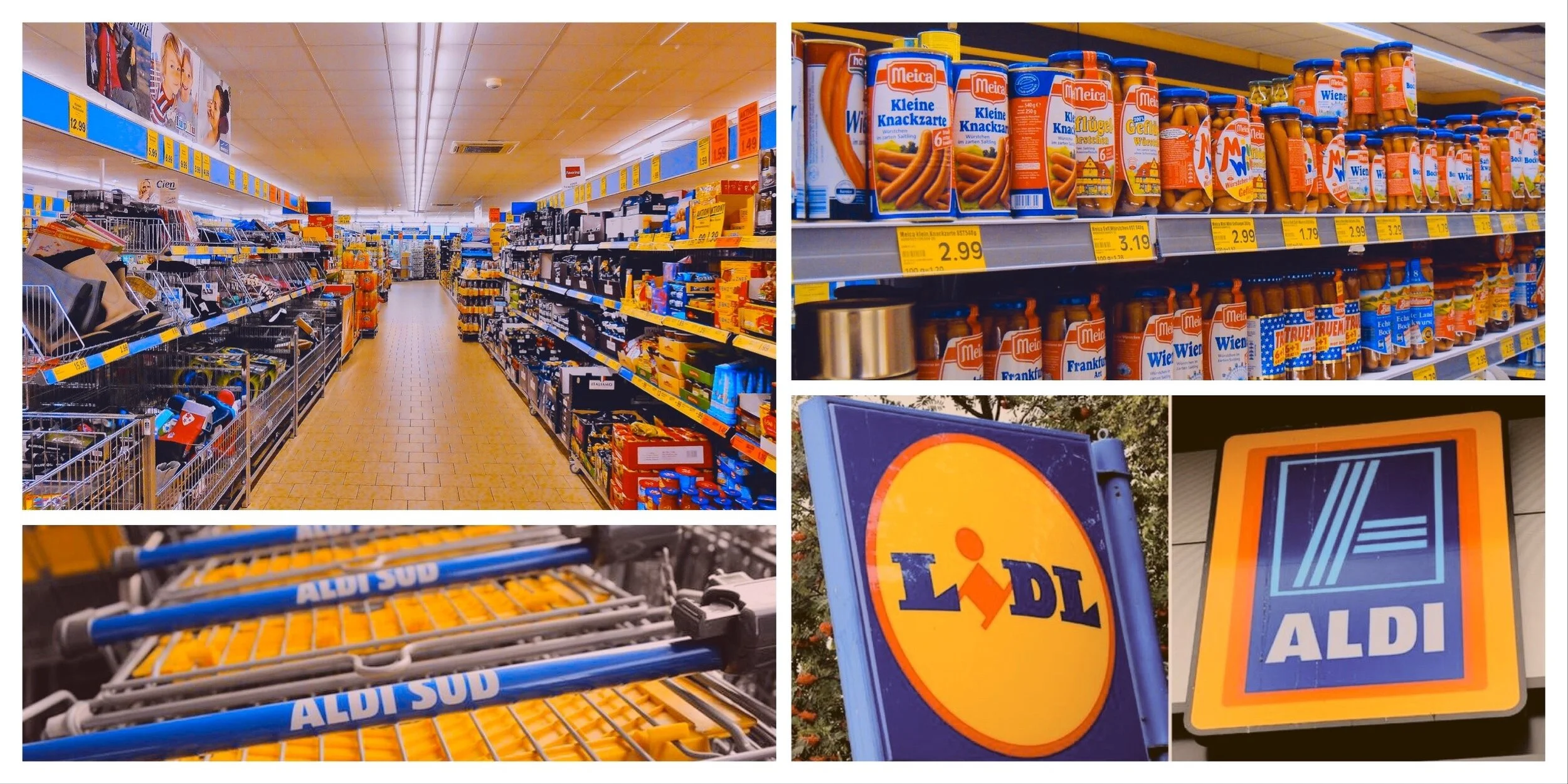How to Shop in Germany: Supermarkets
The Bible states that “man cannot live on bread alone”, which once and for all puts to bed the rumour that Germans were in any way responsible for writing the bible. In fact, in most German translations of the bible, there is an addendum that states “unless of course that bread is a Bretzel or possibly a Schinken Kaiser croissant, you can last for days just eating those”. Cheese covered bread aside, at some point we are all required to visit some type of supermarket, if only to stave off scurvy by surreptitiously sucking on a lemon. The German consumer, like consumers in most other countries, have a variety of different options when it comes to the weekly “big shop”. There are the discounters, that shoppers outside Germany have come to know well, and then there are the domestic supermarkets that haven't travelled. This being Germany though, there are a few points of difference in the consumer experience that might easily be misunderstood. Can you tell the difference from an Aldi or a Rewe, a Lidl or an Edeka? If not, you might want to continue reading.
The Stores
The German supermarket landscape is made up of the discounters and the big chains. Many of you will have come across the likes of Lidl and Aldi at some point. These two are the biggest of the discounter chains, but are far from the only cheap (ish) supermarkets available. In Germany, we also have the likes of Netto or Penny that sit below the big two with regard to cost and quality. After the discounters, there are the larger chains, Edeka and Rewe that are much more like the UK and US shopping experience. The misinformed often imagine that German consumers only have discounters and have never experienced branded products such as Heinz or Kelloggs. Sorry to burst the bubble, but brands are freely available, as is kale and other hip food trends. You know what we call super foods in Germany? Superfoods.
Products
Speaking of products, as I've already stated, we have the majority of them. Even the discounters often sell branded products. This does lead to the question, how can you tell the difference between the stores? Well, price is a clear clue. The Germans have a simple alternative method of ranking the best supermarkets, bread quality. Take our larger chains, Edeka and Rewe. They often have cafe/bakeries on site selling fresh bread, plus an in house bread section. The management of these stores are not messing around, they know their customers and they are fully catered to. This leaves a slight problem though. Aldi and Lidl are often considered to be one and the same. This is of course incorrect. Lidl, with its smaller, yet equally capable bakery offers everything you might require, plus like the larger brands, they have an in house bakery albeit with a limited range. Aldi on the other hand, have gone for a more interesting alternative. Automation. Germany's technical engineering and attention to detail are world renowned, so you might imagine a German supermarkets first leap into the world of automated bread dispensaries would involve lots of a chrome, a few blinking lights and a reassuringly calm robotic voice that helped confused customers with their transactions. You would be wrong, what we got was this:
This, my friends, is the cold faceless future of bread in Germany. Gone are the nice friendly bakers, replaced by comedy style arcade buttons and a chute that doesn't so much dispense as attempt to kill you with over cooked bread products. The future is a dark, uncaring wasteland.
Customer Service
For at least ten years of my life I was a cog in the retail machine, specifically in a well-known supermarket. Of all the jobs that I hated within this particular supermarket, working in customer service happened to be the worst. The reason for this is really quite obvious; customers. As my supermarket was owned by a larger American chain (can you tell what it is yet?) we had the American style customer service model that demands its employees fawn, pander and generally treat the customer like some kind of low rent demi-god. After a while, the customers began to notice this and, like most people, became drunk with power. I try not to complain, it's un-British. However, some people love to complain, and so I would spend day after day listening to the thrilling tales of these little Buddha’s. On and on it went until I began to day dream about the logistics of using a baguette to commit a complex Hari-Kari style suicide. For your information, I would have sharpened one end of a four day old French stick. After moving to Germany, I suddenly realised that they had come up with a simple, yet novel answer to the problem of customer service; ignore the entire concept and treat the customer somewhere between necessary annoyance and a dung beetle. God, I love Germany.
Customer service in the supermarket exists, it just happens to follow a different method from most other countries. It's not that the customer is always right or wrong, it's more “don't give me shit, I won't give you shit” approach. Employees are perfectly friendly and nice, but should you cross them, they will exact a terrible revenge. This could come in the form of a cold stare that simply means “I will punch you in the throat” or it might be to simply run over your feet with a pallet truck. Either way, hell has no fury like a German checkout operator with a box cutter. Another, frankly masterful touch, is that due to German grammar structures and culture, all employee badges have Herr or Frau (Mr./Ms./Mrs.) titles instead of the casual first name terms. There is nothing worse in the world than some arsy customer referring to you on first name terms. Try complaining when you have to be extra polite, you only come across as a moron.
Queuing
Although the origin of queuing is difficult to say with any exactness, the UK has raised this simple method of ensuring order to an art form. We mastered the queue and have been enjoying its benefits for many decades. Order, fairness and even democratic values are exhibited in queues from Aberdeen to Southampton, Belfast to Birmingham. Our German cousins, you would assume, have a similar veneration for the queue, due to the German desire for order. You would be wrong. Germans may love order, but they hate waiting. Patience is not a virtue, it is a weakness, a bygone concept that has no place in the lives of the 21st century German consumer. Shoppers at checkouts throughout Germany have more in common with caged beasts, prowling the queues for any sign of weakness. They have no qualms about shouting loudly for checkouts to be opened or about running to insure they are first. Elderly people will happily kick you in the crotch in order to be served first and while you are curled up cradling your nether regions, other shoppers will simply step over you. Be warned!
The Checkout
Once you have actually fought your way to the checkout, you will be faced with a new and even more terrifying ordeal; German checkout staff. No one tells you this beforehand, but in Germany, packing your bags at the checkout is practically an Olympic event. The reason for this is the speed. To make sure that supermarkets get the maximum amount of customers through the door every day, checkout staff scan your shopping through the till with a terrifying level of speed and efficiency. In practice this means that they will give you a cursory acknowledgement and proceed to scan your purchases like Bruce Lee on some mighty strong performance enhancing drugs. Cans of tuna and bags of pasta will fly towards you and should you make any mistakes or be too slow, the prowling monsters, commonly known as "other customers", waiting for you to finish will be on you in a second. As if the stress of light speed tins flying at you or aggressive fellow customers wasn't enough, German supermarkets give you the space of a postage stamp in which to pack everything. I know this is some kind of test, I have no idea what it's for. All I really know is that I continually fail at it.
So, what have we learned? To navigate a German supermarket you must:
Never assume you will get exactly what you want, but be happy if they do have your favourite cereal.
Ask if you need help, but don't expect anyone to pander to your every whim. Get the damn milk yourself.
Recognise our robot overlords are here and can kill you with a well aimed bagel.
Queueing is a contact sport and punching pensioners is often the only way to get served.
Wear a helmet when packing or be prepared for serious head trauma from low flying leeks.












